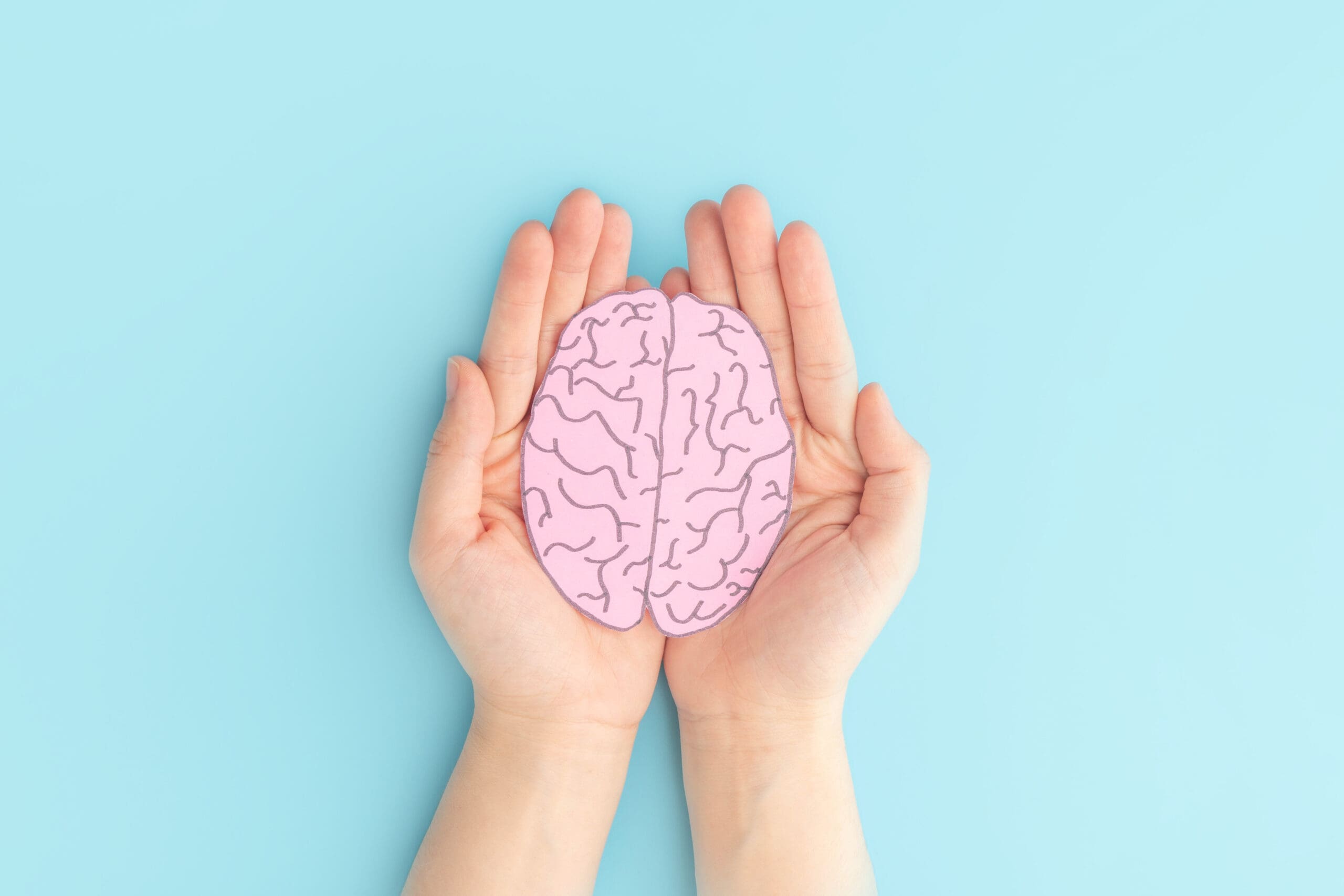Magnesium is necessary for vitamin D function
By naturopath Margaret Jasinska
Are you low in vitamin D despite taking a supplement? It could be because your body is lacking magnesium. Sunshine and vitamin D supplements can help raise your level of this critical nutrient. Despite this, many of our patients continue to experience vitamin D deficiency. Blood tests show a low level despite supplementation and regular sunshine. Did you know that magnesium deficiency could be to blame?
If you are magnesium deficient, you cannot utilise the vitamin D in your body. It remains trapped in storage, and unavailable in your bloodstream. It is estimated that at least 50 percent of Australians are magnesium deficient. That means they’re missing out on the amazing health benefits of vitamin D.
This research comes from a review published in The Journal of the American Osteopathic Association. According to study co-author Mohammed S. Razzaque, MBBS, PhD, a professor of pathology at Lake Erie College of Osteopathic Medicine, “People are taking vitamin D supplements but don’t realise how it gets metabolised. Without magnesium, Vitamin D is not really useful or safe.”
Taking a vitamin D supplement can raise a person’s blood calcium and phosphate level, even if they remain vitamin D deficient. This is a potential problem because people can suffer from vascular calcification if their magnesium levels aren’t high enough to prevent this occurring. Patients with sufficient blood magnesium levels require less vitamin D supplementation to achieve optimum vitamin D levels.

It’s quite difficult to get sufficient magnesium through diet. The majority of my patients are deficient and this contributes to many different health problems. Many factors deplete your body of this amazing mineral. A large number of medications reduce your magnesium level; the biggest offenders are antacids, acid blockers, hormonal contraception and diuretics. Magnesium is found in foods such as green leafy vegetables, nuts, seeds and meat.
Stress and anxiety deplete your body of magnesium, as the stress hormone cortisol causes urinary loss of this mineral. Alcohol increases magnesium loss in the urine. Digestive problems such as coeliac disease, irritable bowel syndrome, inflammatory bowel disease and leaky gut reduce magnesium absorption.









Leave A Comment